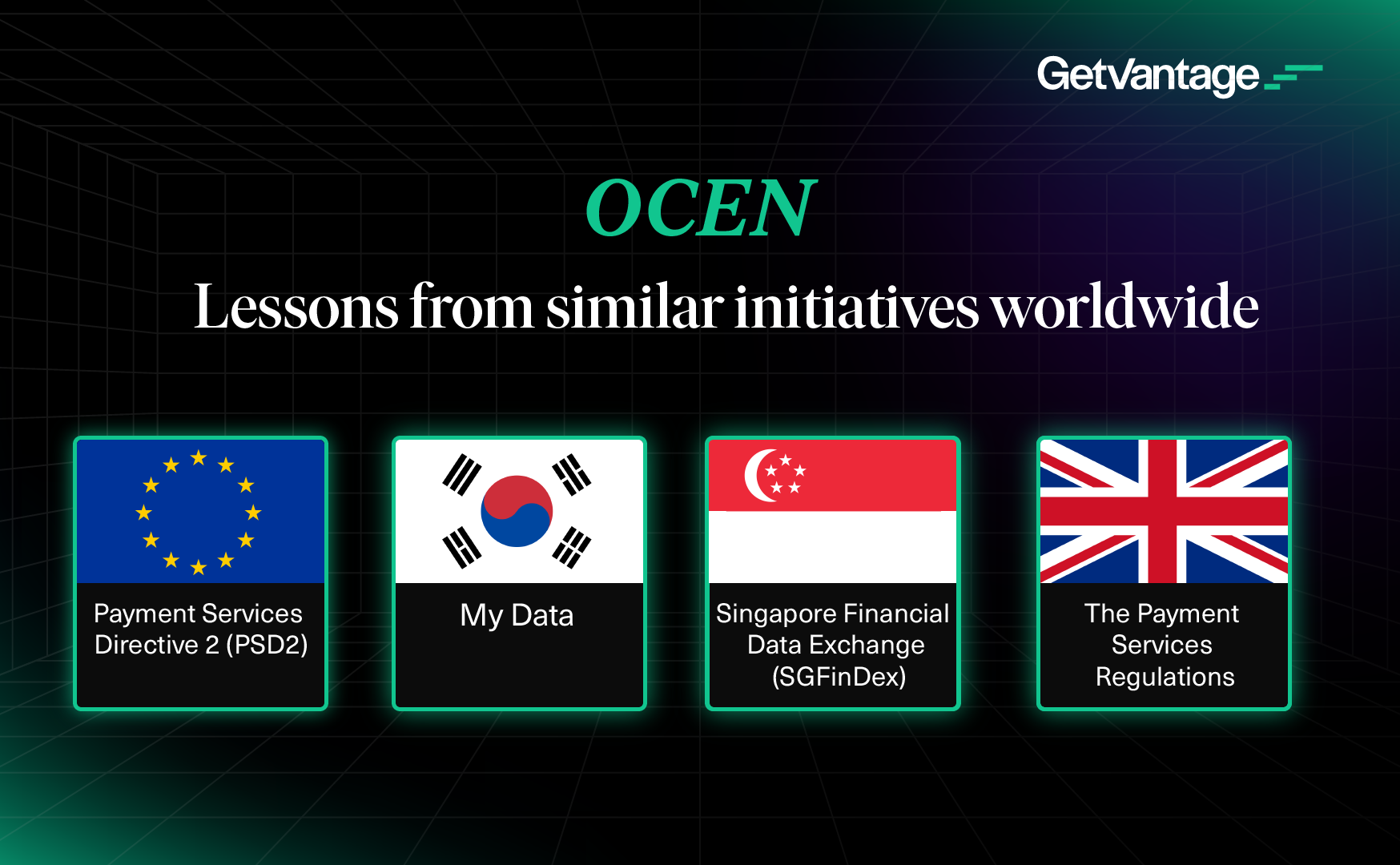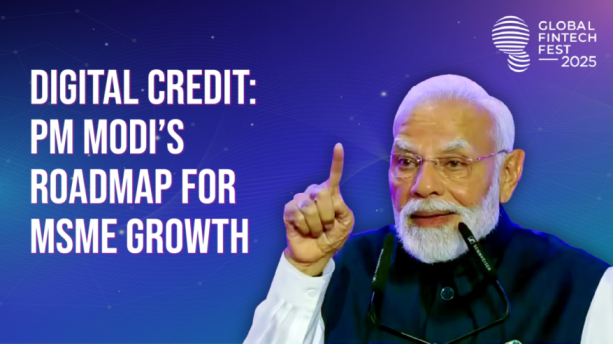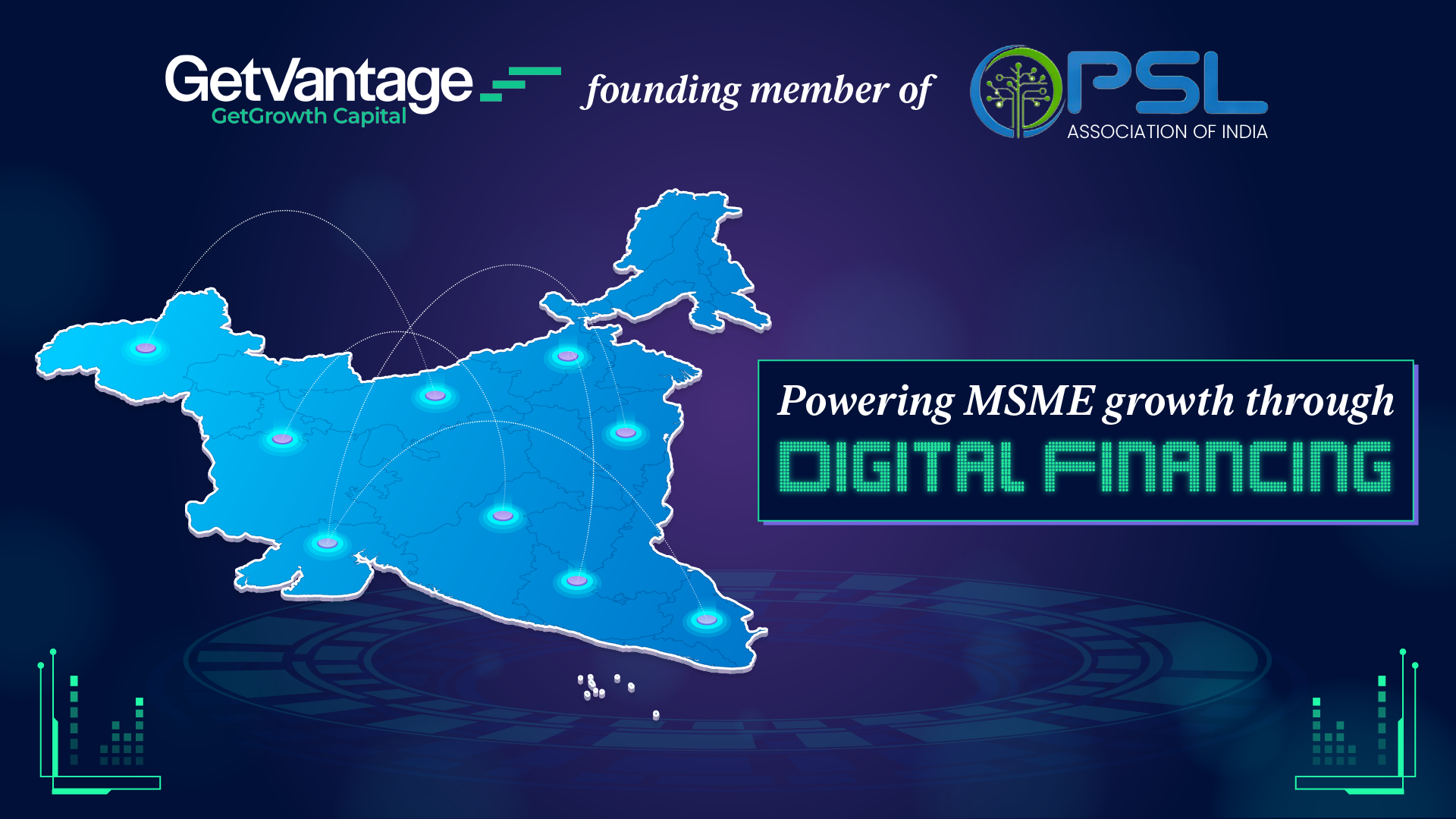Small businesses face significant financing challenges, despite MSMEs contributing over 30% to GDP and providing over 100 million jobs. Only 11% of MSMEs have formal access to finance, leaving over 60% of their loan demands unmet, with a credit gap in India estimated at INR 20 to 25 trillion.
To address this, the Indian government launched the Open Credit Enablement Network (OCEN) with support from iSPIRT. OCEN establishes standards for small-ticket financing, enabling distant lenders to operate in remote areas and access diverse data sources. It aims to create a virtual credit marketplace connecting distributors, lenders, and borrowers.
OCEN is part of the global open banking movement, which saw $57 billion in transactions in 2023. Major economies like the UK, EU, Singapore, and South Korea are advancing open banking and lending efforts, while the US, Canada, China, and Japan remain cautious.
The UK’s Payment Services Regulations (PSRs) enable secure payment services, with over 40 billion transactions in 2022 and more than 200 authorized payment institutions in 2023. The European Union’s PSD2 framework enhances customer data control, facilitating over 20 billion transactions annually and an estimated 64 million users by 2024. Singapore’s open banking, led by SGFinDex, has fostered significant partnerships between banks and fintech firms. South Korea’s MyData program and open banking services had over 100 million registered accounts by 2022.
Global efforts aim to standardize open finance, encouraging cross-border cooperation and data exchange. OCEN could collaborate with these global initiatives to make financial services more accessible and interconnected, enhancing credit availability for small businesses in underserved areas.
In conclusion, OCEN represents a significant step towards bridging the credit gap for Indian MSMEs. By establishing open financing standards and facilitating data sharing, OCEN can create a more inclusive financial ecosystem. The potential for collaboration with international open banking initiatives like the UK’s PSRs, EU’s PSD2, Singapore’s open banking, and South Korea’s MyData offers exciting possibilities for global financial inclusion. As OCEN evolves, its success will depend on fostering international collaboration, regulatory alignment, and building a robust and secure technological infrastructure.
The article was originally published in Financial Express: https://www.financialexpress.com/opinion/ocen-lessons-from-similar-initiatives-worldwide/3507826/




